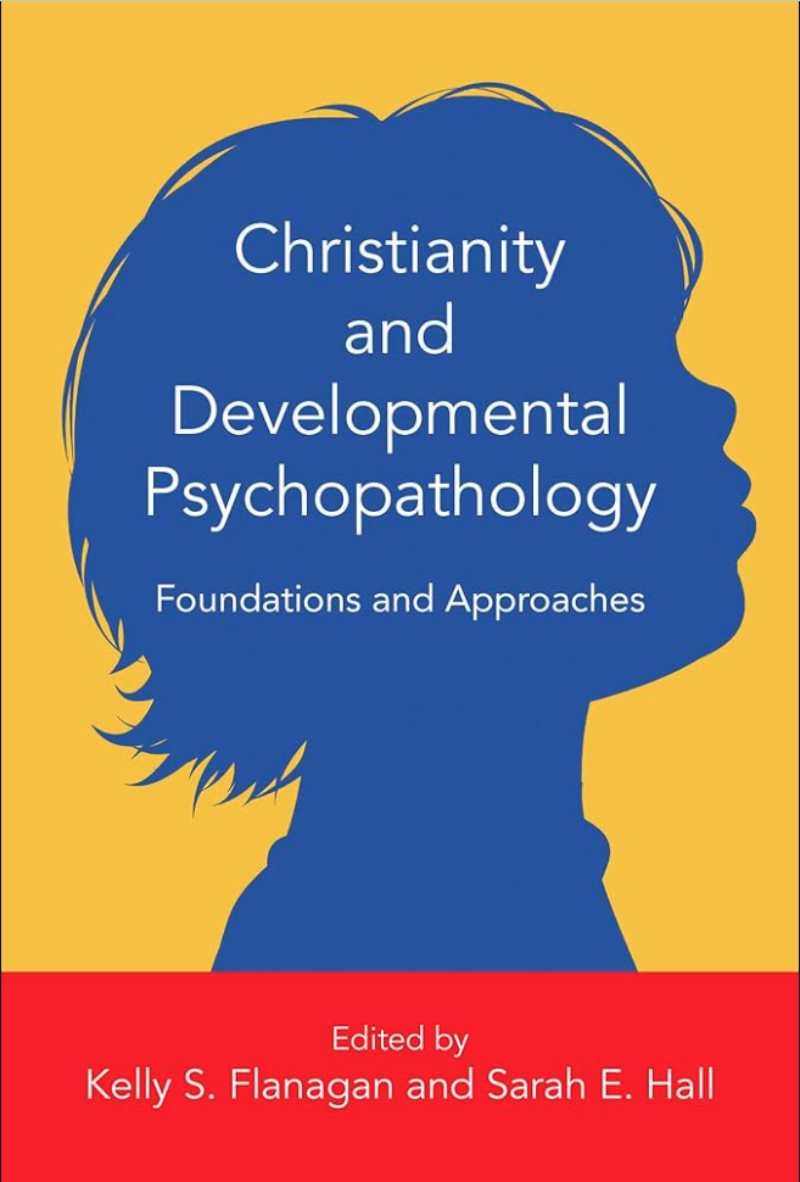Citation
King, P. E., & Clardy, C. E. (2014). Prevention and the promotion of thriving in children and adolescents. In K. S. Flanagan & S. E. Hall (Eds.), Christianity and developmental psychopathology: Theory and application for working with youth (p. 179-202). Naperville, IL; InterVarsity Press.
Abstract
Since its origin in the early 1980s, the field of developmental psychopathology has become a highly influential framework for approaching the clinical treatment of children. Until now there has been no effort to integrate this framework with a Christian understanding of psychopathology.
The essays in this volume break new ground by providing Christian mental health professionals with a theoretically and empirically sound basis for working with children, adolescents and families. Throughout the book, the authors explore three integrative themes, looking at children as divine gifts, as persons and as agents in their own development.
Given the deep biblical and theological interest in children and the “least of these,” there is great potential in this integrative work for mutual enrichment. Christian insights help to prevent the scientific study of the developmental process from being reductive. At the same time, research into the biological, sociocultural and psychological dimensions of human development can serve to inform and guide Christian practices of care and hospitality toward children and families. Christianity and Developmental Psychopathology makes an important contribution to a conversation that is still in its infancy.
Christian Association for Psychological Studies (CAPS) Books explore how Christianity relates to mental health and behavioral sciences including psychology, counseling, social work, and marriage and family therapy in order to equip Christian clinicians to support the well-being of their clients.
Copyright
Year: 2014
Holder: InterVarsity Press
DOI: https://www.ivpress.com/christianity-and-developmental-psychopathology
Continue Exploring

Youth
“We are Protected”: Examining youth perceptions of safety
“We are Protected”: Examining youth perceptions of safety within a faith-based positive a faith-based positive youth development program in El Salvador / Journal of Youth Development

Thriving
Neurodiversity and Thriving: A Case Study in Theology-Informed Psychology
Citation Leidenhag, J., & King, P. E. (2023). Neurodiversity and Thriving: A Case Study in Theology-Informed Psychology. Studies in Christian Ethics, 36(4), 827–843. https://doi.org/10.1177/09539468231187784 Abstract The concept of ‘neurodiversity’ to speak of conditions such as autism, dyslexia, and others as differences, not disorders or pathologies, relies on a robust account of human flourishing that can incorporate these conditions. Conceptions of illness and well-being are always partially theological, whilst also having to be grounded in the empirical realities of the present time. Therefore, positive developmental psychology is a particularly apt field for developing a theology-informed psychology. This article argues that recent…

Wellbeing
Religious involvement in adolescence
Citation Vaughn, J. M., & King, P. E. (2024). Religious involvement. In Encyclopedia of Adolescence (pp. 411–421). Elsevier. https://doi.org/10.1016/B978-0-323-96023-6.00002-6 Abstract Religion and spirituality are well-established contributors to adolescent well-being and development. Though efforts to identify the specific manners through which they may influence adolescents are ongoing, involvement in a religious congregation or community appears particularly beneficial. Religious involvement, which can take many forms, offers adolescents increased access to an abundance of resources – social, ideological, and transcendent. Accordingly, after describing trends in adolescent religiosity and religious involvement, we unpack what it means for an adolescent to be involved in their…


